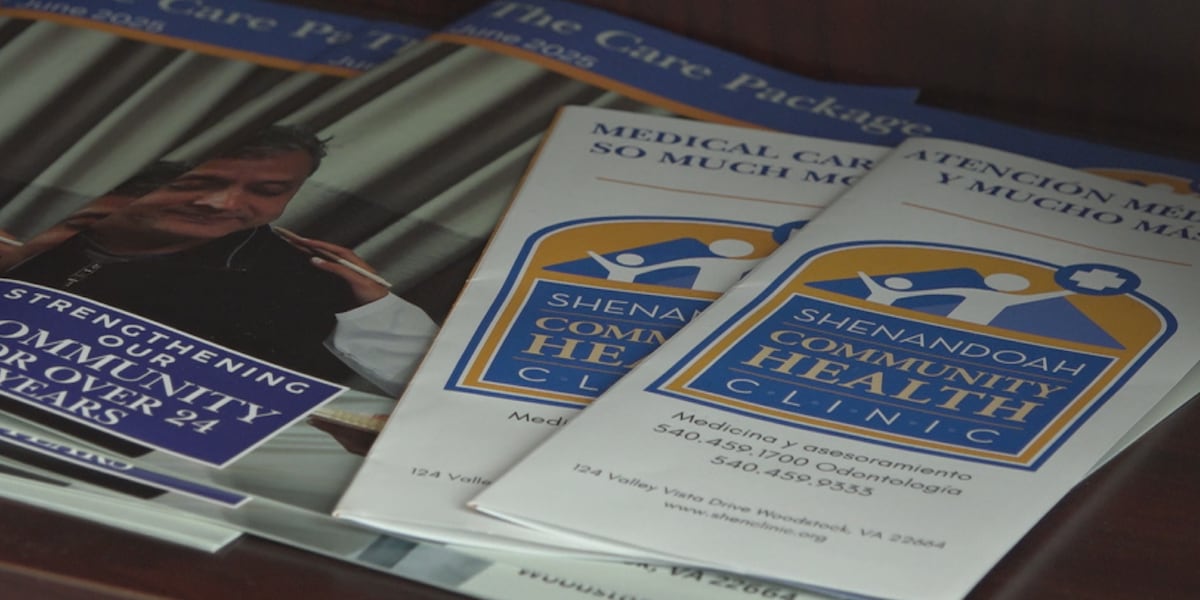Immigration Policy Shift Threatens Access to Healthcare for Millions in the US

A significant policy shift under the Trump administration is raising serious concerns about the future of healthcare access for millions of immigrants residing in the United States. The proposed changes aim to reverse decades-long policies that allowed certain immigrants to qualify for vital social services and healthcare benefits. This move has sparked widespread fear and uncertainty within immigrant communities and among healthcare providers alike.
The Policy Change: A Rollback of Protections
The core of the proposed change involves redefining the term “public charge.” Traditionally, this term has been used to deny green cards to individuals deemed likely to rely primarily on government benefits. However, the new rule significantly broadens the criteria for determining “public charge,” including factors like past use of benefits such as Medicaid, food stamps (SNAP), and even housing assistance. This expanded definition could lead to many legal immigrants being denied green cards or facing difficulty renewing them, effectively barring them from accessing healthcare and other essential support systems.
Impact on Immigrant Communities
The potential consequences for immigrant communities are profound. Many fear that the rule will deter eligible individuals from seeking necessary medical care, even for serious conditions, due to the fear of jeopardizing their immigration status. This could lead to delayed diagnoses, worsening health outcomes, and increased strain on emergency rooms as preventable illnesses escalate. Furthermore, the rule disproportionately affects low-income immigrants and those residing in states with limited access to healthcare, exacerbating existing health disparities.
Healthcare Providers' Concerns
Healthcare providers are also voicing strong concerns. The rule could create a climate of fear and distrust, discouraging immigrants from seeking care and hindering public health efforts. Doctors and nurses worry about the ethical implications of denying care to patients in need, and the potential impact on their ability to provide quality healthcare to all members of their communities. Organizations like the American Medical Association have publicly opposed the rule, arguing that it is detrimental to public health and contradicts the principles of compassionate care.
Economic and Social Repercussions
Beyond the immediate health consequences, the policy change carries broader economic and social repercussions. A healthier immigrant population contributes to a stronger workforce and economy. Restricting access to healthcare could lead to decreased productivity, increased healthcare costs in the long run (as preventable conditions worsen), and a less vibrant and inclusive society.
Legal Challenges and the Future
The rule has faced numerous legal challenges, with opponents arguing that it is arbitrary, capricious, and violates due process. The ongoing legal battles highlight the complexity and sensitivity of the issue. The future of the policy remains uncertain, but the debate underscores the critical importance of ensuring equitable access to healthcare for all individuals, regardless of their immigration status. The debate also raises fundamental questions about the role of government in providing social safety nets and the values that underpin American society. It necessitates a continued dialogue about the balance between immigration enforcement and the well-being of all residents.






